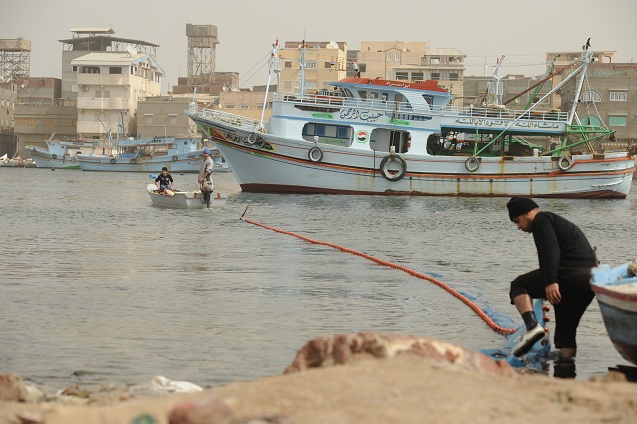FLORIDA: There is both good and bad news regarding attitudes about peace in the Holy Land. A Gallup Poll released last week indicates that 63 percent of Israelis and 66 percent of Palestinians still support the peace process. However, only 29 percent of Israelis and 18 percent of Palestinians polled believe that permanent peace is achievable.
Both sides want peace but they are discouraged. The election of Barack Obama as US President offers hope for peace making in the Middle East.
Most Arabs find Obama more credible and balanced than outgoing George W. Bush and his administration. Although Israelis were initially nervous about Obama, they have been reassured by his many statements offering support to Israel, as well as by the appointment of the longstanding Israel supporter, Hillary Clinton, as his chief diplomat.
If the future US president fulfils his campaign promise by putting the Middle East peace process high on the foreign policy agenda, he would restore confidence of both sides in regional peace prospects.
And there are more signs of hope for the Arab-Israeli conflict.
Israeli leaders are currently mulling over a revived 2002 Saudi peace proposal which calls for ending occupation of Arab land, fair treatment for refugees and normalization of relations between Israel and 22 Arab states.
Prime Minister Ehud Olmert, Foreign Minister Tzipi Livni, Defense Minister Ehud Barack and President Shimon Perez now agree that withdrawal from Arab territories makes regional peace viable and long-term security guarantees for Israel achievable.
Returning the Golan Heights to Syria is also an option in exchange for peace. Intermittent negotiations with Syria, brokered by Turkey, started last year but have slowed as Israel prepares for early elections in February and Obama transitions into the White House.
On 8 January, Mahmoud Abbas’ term as President of the Palestinian Authority expires. In Gaza and the West Bank, fratricidal conflict between Palestinian leadership remains a costly and maddening reality, despite recent Egypt-mediated talks between the two parties. Although realities on the ground are challenging, the new Gallup Poll suggests the incoming US president might have the respect of the Palestinian people if he chooses to play a role in encouraging Hamas, which has power in Gaza, and Fatah, the party that governs the West Bank, to reunite for peace.
Progress is also visible in Lebanon. Hezbollah is negotiating the status of its militia with the government. Lebanon has a new cabinet in which Hezbollah is represented. As Lebanon strengthens its national defense, and if tension with Israel eases, Hezbollah may eventually integrate its militia in the national army.
Lebanese relations have improved with Syria too. The two countries are slated to exchange ambassadors for the first time since Lebanon’s independence in 1943.
And there are still more signs of hope emanating from the region..
President Mahmoud Ahmadinejad congratulated Obama following the US elections, demonstrating a desire to open a new chapter of dialogue with the United States. Such rapprochement would be beneficial to the stability within the region: Iran remains a significant regional player, impacting Iraq’s stability, Palestine’s resistance and Lebanon’s political peace.
However, whether in Israel, Palestine, Syria, Lebanon or Iran, these nascent steps for peace are fragile and reversible. They must be supported by the new US administration if peace is to prevail.
Continued US policy of “not talking to the enemy in Iran may cause the strengthening of ultra-conservative forces in the presidential elections next June. As long as Iran continues to be isolated it is difficult for its beneficiaries – Hezbollah and Hamas – to become full partners in peace.
In his 20 January inaugural speech, Obama could connect the promise of peace with prosperity in the Middle East and national security in America.
He could appoint a moderate and charismatic peace emissary and express aspirations for the creation of a Palestinian state during his first term. He could assure Israelis and Palestinians continued support and mention his strong desire to re-engage Europe in the peace process and the development of international security arrangements.
With a multilateral foreign policy and with soft power, Obama may now have the opportunity to facilitate security for Israel, independence for Palestinians and credible US leadership for this process. Now is the time to move forward. Domestic popularity and an outpouring of international support offer Obama unprecedented moral and political capital to work toward peace in the Middle East.
Dr. Ghassan Michel Rubeiz is an Arab American commentator and former Secretary of the Middle East for the Geneva-based World Council of Churches. This article was written for the Common Ground News Service (CGNews).


